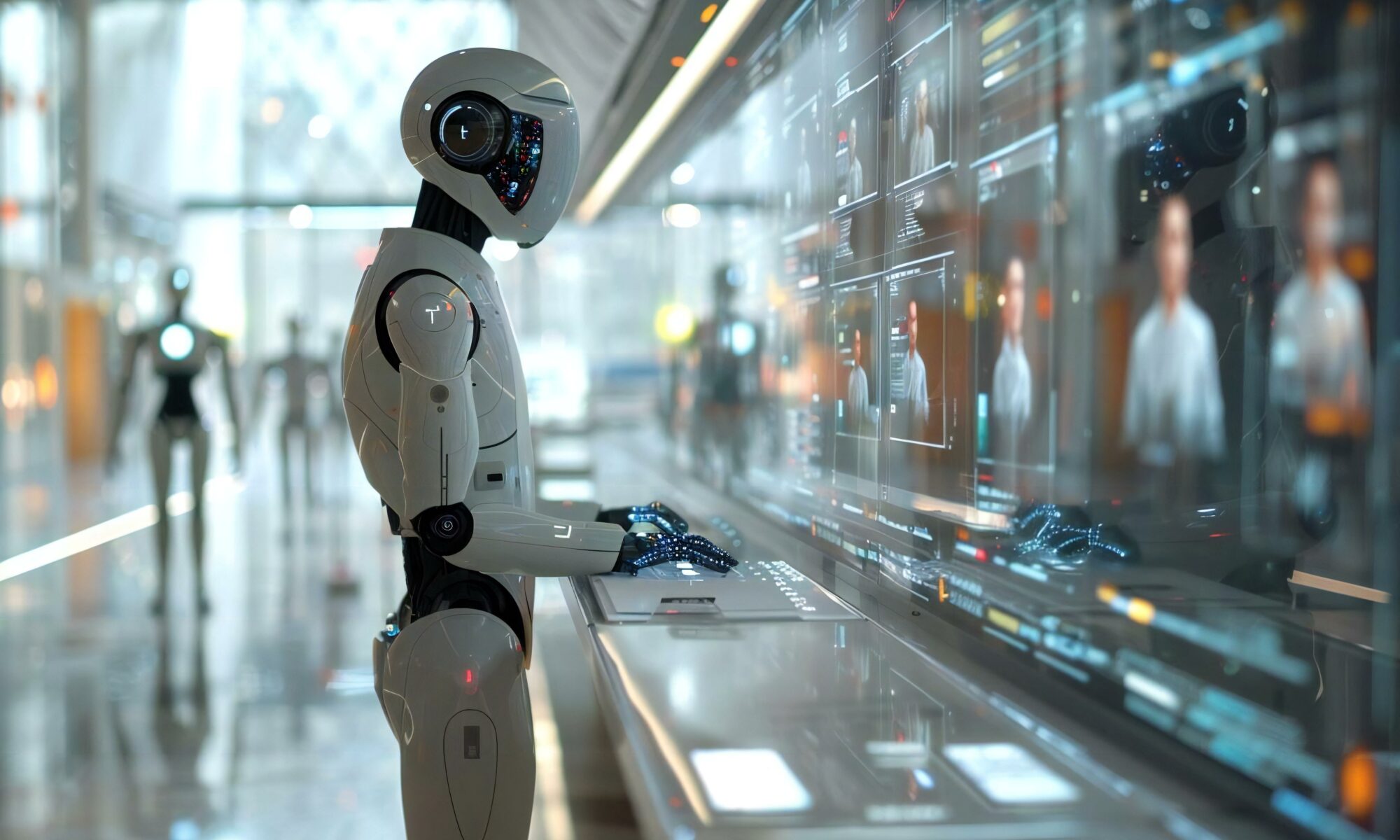Workday Age Discrimination Claim and Its Implications for AI in Hiring
Decoding Age Discrimination in AI Hiring Technology
Artificial intelligence is becoming a staple in hiring, promising efficiency and objectivity. But what happens when that promise is questioned? A significant lawsuit against Workday has thrust AI hiring technology into the spotlight, alleging age discrimination embedded within its algorithms. This legal battle could reshape how companies deploy AI in recruitment. If you’re navigating a workplace impacted by AI decisions or concerned about discrimination, this case is one to watch closely.
We’ll unravel Derek Mobley’s case, the allegations made against Workday, and the broader conversation on AI bias. By the end, you’ll have actionable insights into what this could mean for individuals and employers.
The Roots of the Lawsuit Derek Mobley’s Claims
Derek Mobley, over 40 years old, submitted more than 100 job applications through Workday-powered platforms. Mobley claims that despite his qualifications—including graduating cum laude and having nearly a decade of relevant experience—not a single employer responded positively. Allegedly, Workday’s applicant screening technology disproportionately disqualified older applicants, including Mobley, by the way it scores and ranks candidates.
Initially dismissed by the court, Mobley was permitted to amend his complaint, which led to the current lawsuit. On May 16, 2025, Judge Rita Lin granted preliminary certification under the Age Discrimination in Employment Act (ADEA), allowing a nationwide case to move forward. This paved the way for other plaintiffs over the age of 40 to join the case if they were also denied employment recommendations through Workday’s tools.
Central to the case is whether AI, as implemented by Workday, inherently creates a disparate impact on applicants aged 40 and above. This brings us to the legal backbone supporting Mobley’s claims.
Understanding the Legal Framework
Age Discrimination in Employment Act (ADEA)
The ADEA, enacted in 1967, protects individuals aged 40 and older from discrimination in hiring, promotion, discharge, and other employment-related situations. It establishes that hiring practices resulting in a “disparate impact” on a protected group can be grounds for legal action, even if no explicit discriminatory intent exists. This means that if a company’s hiring practices disproportionately affect older workers, they can be held liable for age discrimination.
Disparate Impact Theory
Disparate impact occurs when a policy or practice that appears neutral disproportionately affects a specific protected class. Courts recognize that bias embedded in algorithms—even unintended bias—is actionable under anti-discrimination laws like the ADEA.
Mobley’s lawsuit argues that Workday’s AI screening system fits this category, using automated processes that negatively affect older candidates at higher rates.
The Court’s Decision: A Turning Point for AI in Hiring
Judge Lin’s ruling to allow this case as a nationwide collective action signifies a critical moment in AI-focused employment litigation. Unlike traditional class actions, a collective action requires affected individuals to “opt in.” This framework underscores the case’s importance, as it could establish a legal precedent for how AI systems are scrutinized under employment law.
The court acknowledged that determining whether Workday’s AI tools disfavor individuals over 40 can be treated as a collective issue. However, identifying all potential claimants remains a logistical hurdle.
For now, the spotlight is on whether Workday’s algorithms indeed create the alleged discriminatory outcomes, and what this means for the future of AI technology in hiring.
Workday’s Response
Unsurprisingly, Workday denies the lawsuit’s merit. According to a company spokesperson, the legal decision is merely a procedural step, not an indication of wrongdoing. Workday maintains that its AI operates with fairness and does not make hiring decisions on behalf of employers.
“We’re confident that once Workday is permitted to defend itself with the facts, the plaintiff’s claims will be dismissed,” said a Workday representative. They also emphasize that the platform is a tool provided to employers, not a decision-maker in hiring.
Industry and Employer Implications for AI in Recruitment
This lawsuit is one of several growing legal challenges to AI in hiring. Employers relying on algorithmic tools must recognize that even advanced systems are not immune to bias. Here are the key takeaways for businesses and industry stakeholders:
- Proactive Review of Algorithms: Companies using AI in hiring must audit these systems for potential biases. Regular testing and validation can identify and rectify unintended discriminatory patterns.
- Adherence to Evolving Standards: The case reinforces the need to comply with legal standards regarding algorithmic fairness, transparency, and accountability.
- Legal Exposure: Employers who rely heavily on third-party AI platforms may face liability if those systems result in discriminatory hiring practices.
The societal conversation around fairness in AI is expanding, emphasizing the need for balance between innovation and ethical considerations in technology.
What Lies Ahead for AI Discrimination Cases
Judge Lin’s decision marks the beginning of what could become a major legal benchmark. If Mobley and his co-plaintiffs succeed, the case could challenge how AI and machine learning tools are designed, deployed, and regulated in the workplace.
We may see:
- Heightened litigation surrounding AI-related discrimination.
- Increased demand for explainability in AI decision-making.
- Regulatory frameworks forcing technology companies to take a more active role in preventing bias.
This case reminds job seekers to be vigilant about how AI might impact hiring practices. For employers, it underscores the risks of over-relying on third-party tools without rigorous oversight.
Justice Meets Technology
The lawsuit against Workday brings attention to a crucial gap in how technology interacts with employment laws. It challenges the balance between efficiency in hiring and equitable treatment of job applicants. Employers must tread carefully when integrating AI, ensuring that innovation does not come at the expense of fairness.
If you believe you’ve been affected by discriminatory hiring practices or suspect AI tools have unfairly impacted your job prospects, the legal implications of this case cannot be ignored. Seeking guidance from experienced employment law professionals is the first step toward understanding your rights.
Want to know if your workplace may be liable for similar AI-related issues? Contact us for a confidential legal consultation to evaluate your options.

